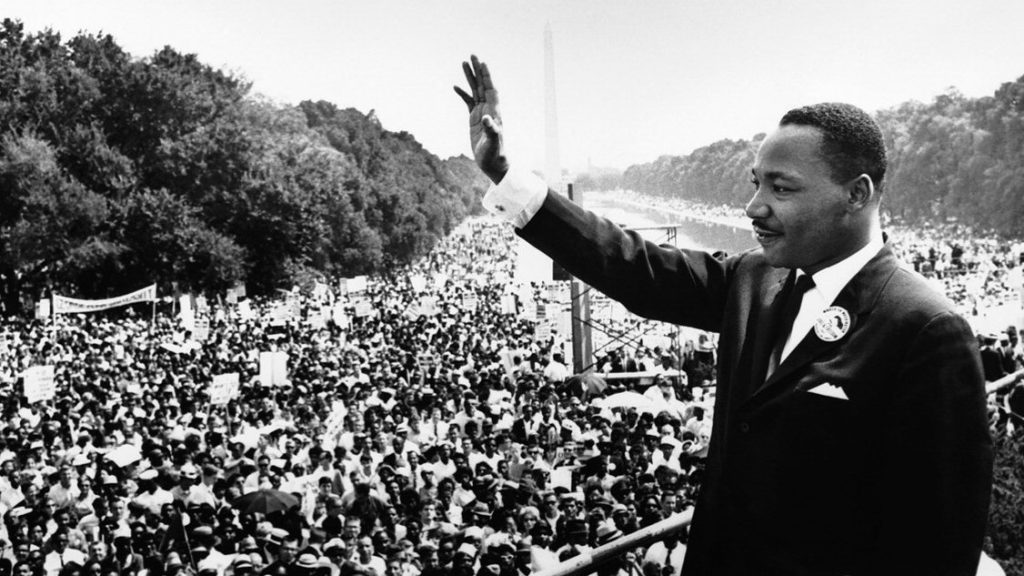More than 240,000 pages of FBI surveillance files have been made public.
Others are reading now
More than 240,000 pages of FBI surveillance files on Martin Luther King Jr. have been released decades ahead of schedule.
While the Trump administration describes the move as an act of transparency, King’s family and civil rights groups warn it could lead to historical distortion and renewed emotional pain.
Massive Archive Made Public

The Trump administration has released a massive archive of FBI documents detailing the U.S. government’s surveillance of Dr. Martin Luther King Jr., despite objections from his family and the Southern Christian Leadership Conference (SCLC), the civil rights group he co-founded.
Sealed for Decades
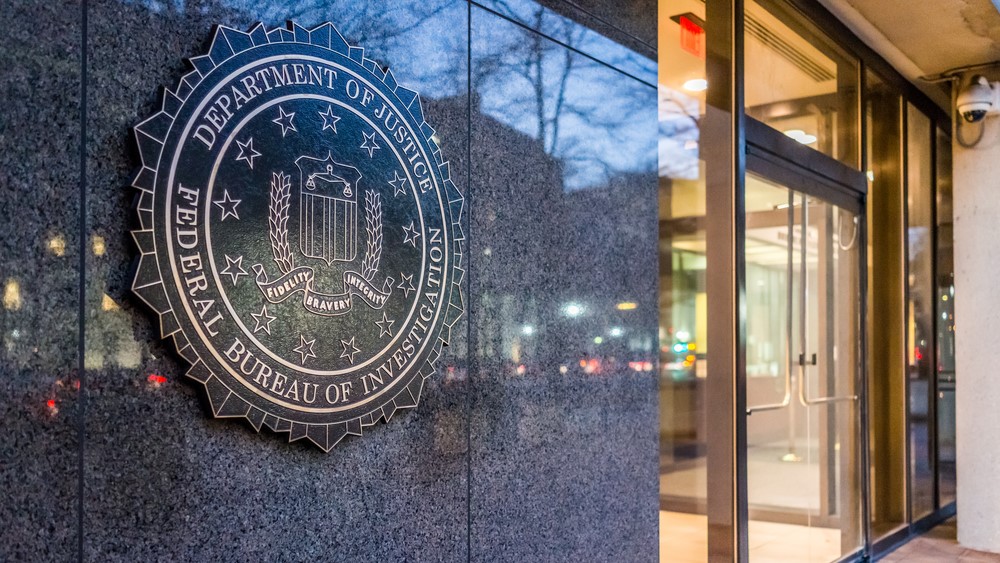
According to The Associated Press and Digi24, the files span more than 240,000 pages and were originally sealed until 2027 by court order.
The FBI had compiled them during King’s leadership in the Civil Rights Movement, using wiretaps, informants, and surveillance in an attempt to undermine his work and reputation.
Also read
King Family’s Plea

King’s surviving children—Martin Luther King III and Bernice King—were notified in advance of the release.
They have issued a public statement urging readers and media to approach the material with care, empathy, and historical awareness.
“A Public Curiosity—But Also Personal Grief”
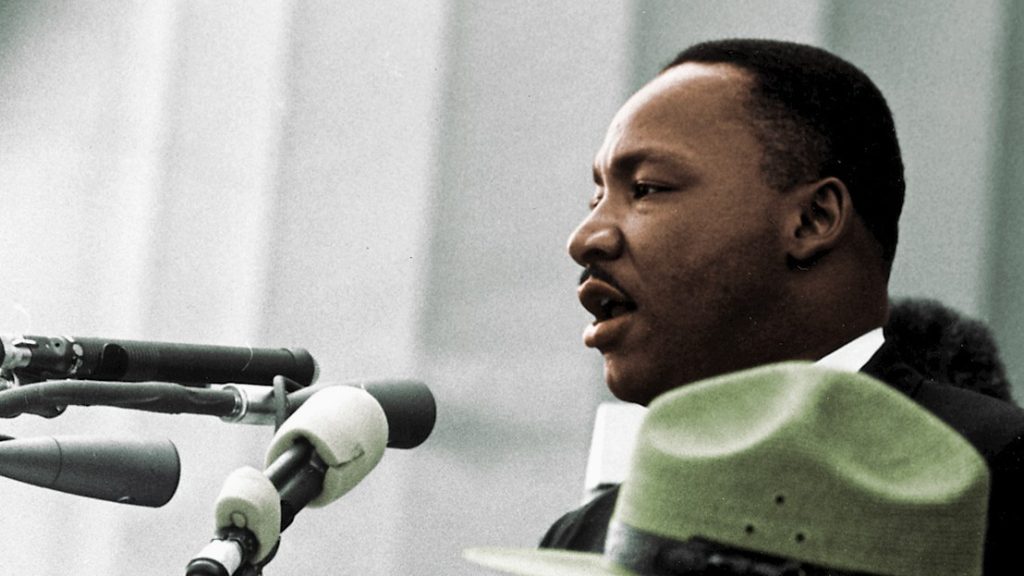
“These files must be viewed in their full historical context,” they wrote. “As children of Dr. King and Mrs. Coretta Scott King, his tragic death was a deeply personal grief… an absence our family has endured for over 57 years.”
“We ask that those involved in publishing these files do so with empathy, restraint and respect for our family’s ongoing grief.”
The FBI’s Targeted Campaign Against King

Much of what is in the released files confirms what scholars and historians have long documented: that then-FBI Director J. Edgar Hoover saw King not as a national hero, but as a threat.
Also read
Under Hoover’s direction, the FBI launched COINTELPRO, a now-infamous surveillance and disinformation program targeting civil rights activists.
King’s hotel rooms were bugged, his phones tapped, and his inner circle infiltrated.
A Family Speaks Out Against Government Overreach
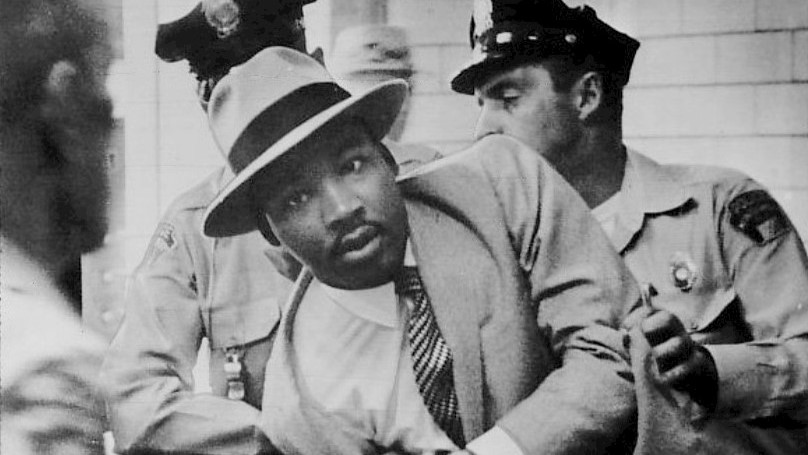
“He was the target of an invasive, aggressive and deeply disturbing disinformation and surveillance campaign,” King’s children said.
“The intent… was not merely to monitor him, but to discredit, demolish, and destroy the reputation of Dr. King and the broader civil rights movement.”
The SCLC, echoing the family’s concerns, condemned the release of the documents without broader context, calling the FBI’s actions part of a dark chapter in U.S. history.
Also read
“These actions were not only invasions of privacy, but also deliberate attacks on the truth… designed to neutralize those who dared to challenge the status quo,” the family said.
A Broader Declassification Push

The release fulfills part of a January executive order signed by President Donald Trump, which also called for declassification of documents related to the assassinations of John F. Kennedy and Robert F. Kennedy.
The move has raised eyebrows due to its timing.
Trump has faced backlash from supporters over his administration’s handling of the Jeffrey Epstein sex trafficking case.
Critics see the release as a diversionary tactic, offering an alternative political focus while giving the appearance of transparency.
Also read
JFK and RFK Files
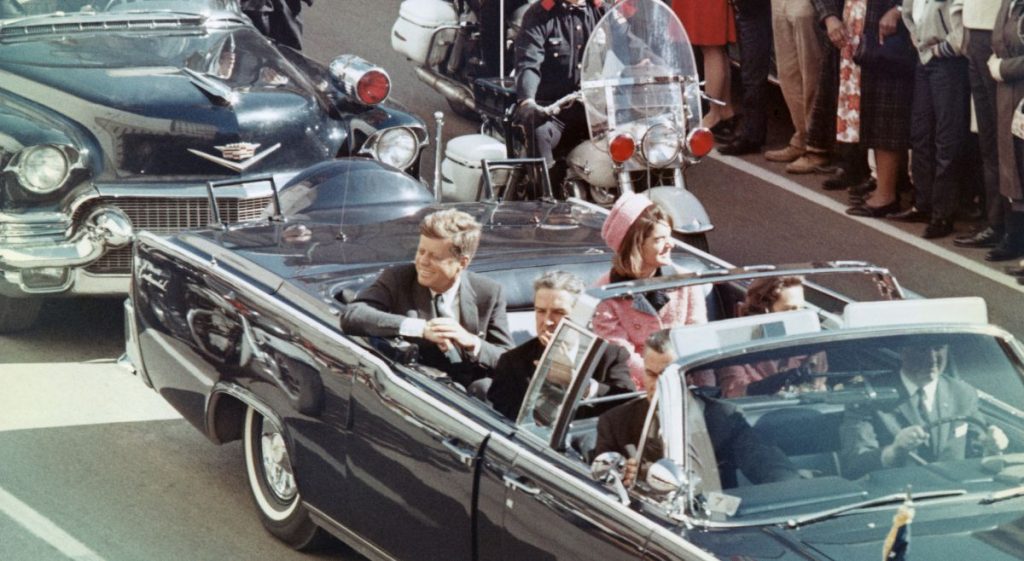
Trump previously declassified JFK files in March and partially released RFK-related documents in April.
Now, with the MLK files out, historians and journalists are preparing to comb through the documents for previously unseen details about one of the most pivotal figures in American history.
Lingering Doubts About King’s Assassination
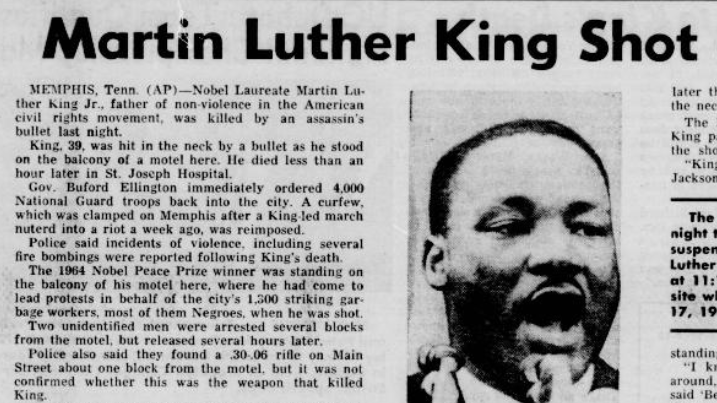
While James Earl Ray pleaded guilty to assassinating King in 1968, he later recanted and claimed innocence until his death in 1998.
The King family has long questioned the official narrative and called for further investigations.
In 1998, then-Attorney General Janet Reno ordered a reexamination of the case.
Also read
The Justice Department ultimately concluded there was no evidence contradicting Ray’s conviction, but doubts remain among King’s surviving family and many civil rights advocates.
King’s Shift Toward Economic Justice
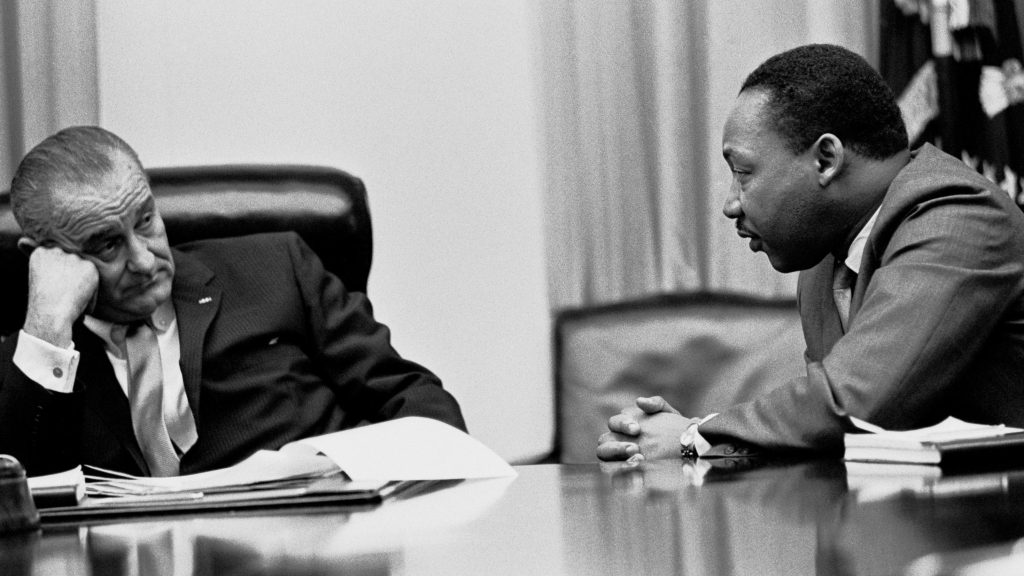
King’s later work—focused on economic justice and opposition to the Vietnam War—earned him powerful enemies beyond just Hoover’s FBI.
His outspoken critique of capitalism and militarism, combined with his push for a “Poor People’s Campaign,” made him even more controversial in the years leading up to his death.

